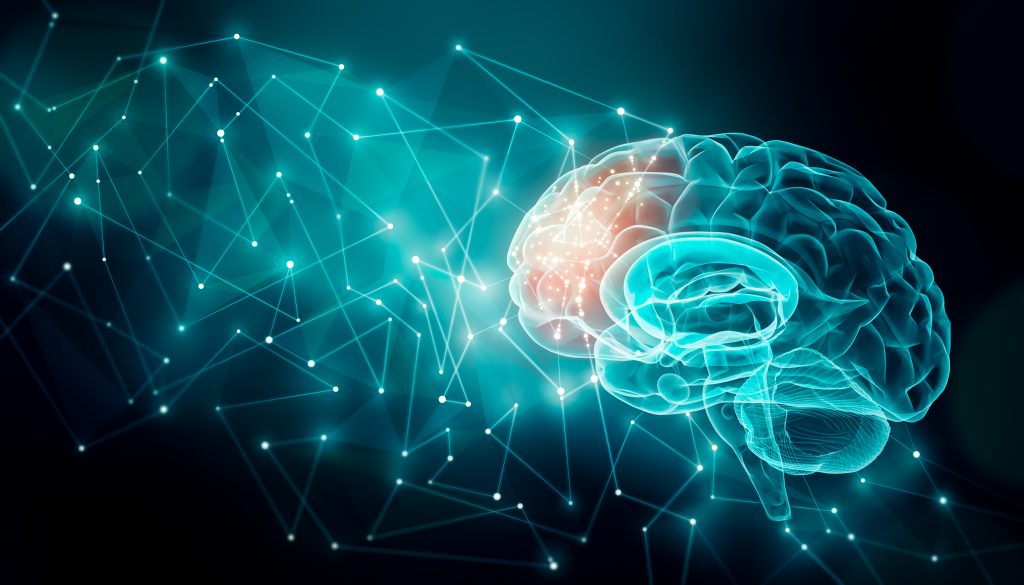Dr Nathan Cheetham (Senior Postdoctoral Data Scientist) led a study to investigate how COVID-19 affects cognitive function – such as memory, attention, and reasoning – in people who had been infected and those who had not.
Online cognitive tests were conducted in two rounds: the first between July and August 2021, and the second between April and June 2022. CSS Biobank participants included individuals who had and hadn’t had COVID-19, with varying lengths of symptoms. Statistical models were used to assess how COVID-19 affected thinking speed and accuracy, while accounting for other factors that could influence the results. The analysis also examined the role of ongoing symptoms by comparing people who felt fully recovered with those who did not. Changes in cognitive performance over time were evaluated by comparing results from both rounds.
The findings showed that individuals with long-lasting or severe COVID-19 symptoms had noticeable cognitive deficits, comparable to the effects of ageing by 10 years. However, those who fully recovered showed no lasting cognitive issues. These deficits persisted for nearly two years, with no signs of improvement over time. The research highlights the need for further studies to understand recovery mechanisms in those experiencing ongoing symptoms.

Cheetham, N. J., Penfold, R., Giunchiglia, V., Bowyer, V., Sudre, C. H., Canas, L. S., Deng, J., Murray, B., Kerfoot, E., Antonelli, M., Rjoob, K., Molteni, E., Osterdahl, M. F., Harvey, N. R., Trender, W. R., Malim, M. H., Doores, K. J., Hellyer, P. J., Modat, M., … Steves, C. J. (2023). The effects of COVID-19 on cognitive performance in a community-based cohort: A COVID Symptom Study Biobank observational study. MedRxiv, 2023.03.14.23287211.
Cheetham, N. J., Penfold, R., Giunchiglia, V., Bowyer, V., Sudre, C. H., Canas, L. S., Deng, J., Murray, B., Kerfoot, E., Antonelli, M., Rjoob, K., Molteni, E., Osterdahl, M. F., Harvey, N. R., Trender, W. R., Malim, M. H., Doores, K. J., Hellyer, P. J., Modat, M., … Steves, C. J. (2023). The effects of COVID-19 on cognitive performance in a community-based cohort: A COVID Symptom Study Biobank observational study. MedRxiv, 2023.03.14.23287211.
Links to publications
Online journal article in medRxiv
Online journal article in EClinical Medicine
Media articles
News article in The Mirror (21 July 2023)
